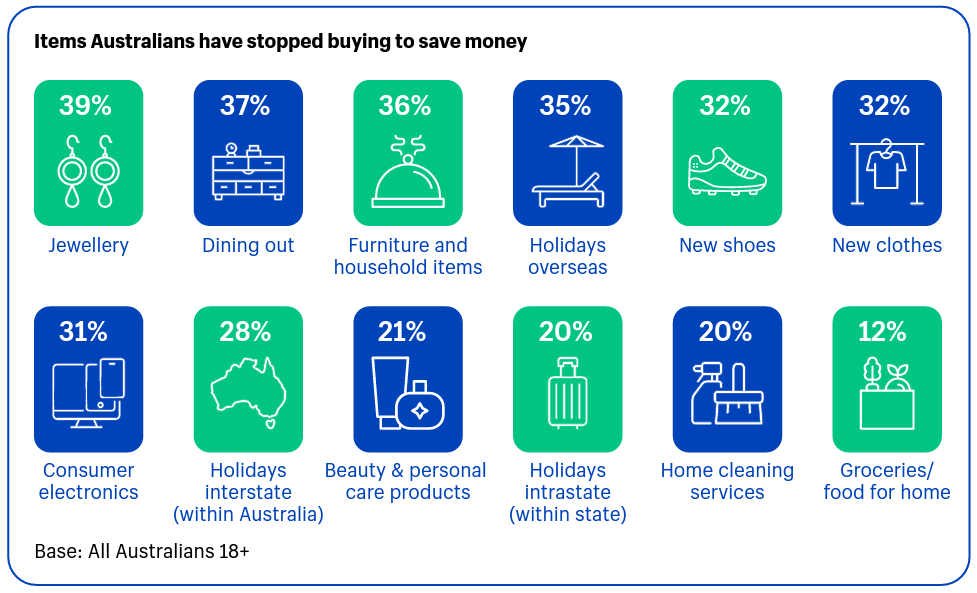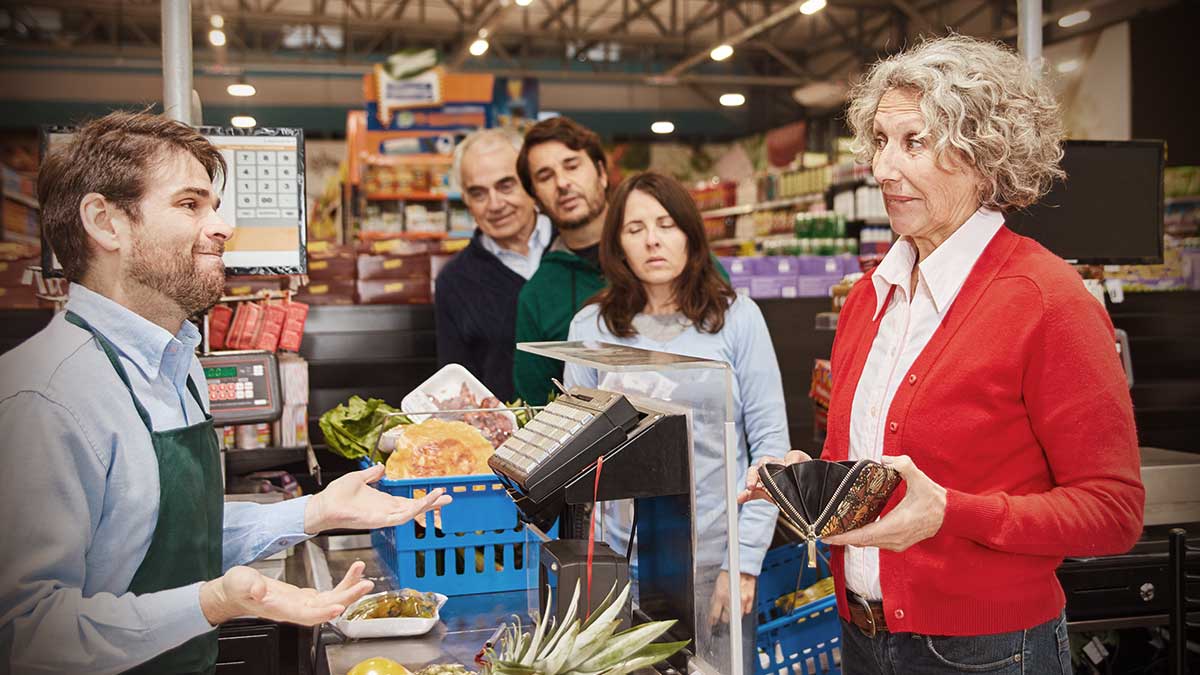Retailers in Australia are feeling the pinch of rising costs and are passing those expenses on to consumers. According to a survey by Shopify and YouGov, 58 per cent of Australian retailers admitted to transferring the majority of the higher costs of doing business on to consumers, with 23 per cent passing on all costs.
The study, titled the Shopify Australian Retail Report, surveyed over 200 medium to large retailers and 1000 consumers.
The report shows how retailers are managing the economic environment, their investment priorities for the next 12 months, and their plans to connect with value-conscious consumers.
What’s behind the rising cost of doing business?
The survey reveals that almost all (99 per cent) of Australian retailers have been hit by macroeconomic pressures, with 45 per cent of retailers citing rising wages as the biggest strain on company budgets.
Other significant factors include increased costs of servicing debt (43 per cent) and surging operational costs, such as energy bills and rent (41 per cent).
To combat these mounting pressures, 95 per cent of Australian retailers have passed at least some of the increased cost of doing business on to consumers. A notable exception is the direct-to-consumer (DTC) sector, with 62 per cent of DTC retailers absorbing the majority of costs.
DTC is a business model where a brand or manufacturer sells directly to end customers, bypassing intermediaries such as retailers. DTC businesses typically have more control over the customer experience and enjoy potentially higher profit margins. Their approach to passing on increased production costs suggests the sector is prioritising customer growth over short-term profitability.
‘Price-sensitive’ consumers cutting back
Consumers have adjusted their spending habits due to increased living costs, with around 75 per cent cutting back on spending to save money, and 82 per cent changing their spending habits in response to the higher cost of living.
Jewellery buying, dining out, furniture and household items and overseas holidays are experiencing the biggest consumer clawbacks. Even spending on essentials such as groceries has seen a 12 per cent cut back in the past 12 months.

“Australian retailers are in a precarious position, as they are facing growing price-sensitivity amongst consumers dealing with the higher cost of living, whilst having to overcome those same inflationary pressures themselves,” says James Johnson, director of Technology Services & Enterprise, APAC at Shopify. “It really is like being stuck between a rock and a hard place.”
Retailers ‘doing their best’ to soften the blow of rising costs
Many retailers are focusing on improving customer experience to help soften the blow of increased costs at the checkout. Larger and more established retailers are investing in personalisation based on data-driven recommendations and adding personal touches, such as handwritten notes with delivery, to enhance the customer experience.
Enhancing the online customer experience, such as implementing automatic refunds, is another priority for over half (55 per cent) of retailers.
Australian retailers are looking for other ways to bring down the cost of business, focusing on real-time data analysis and automation to improve efficiency and customer experience.
In the meantime, the report emphasises the need for retailers to adapt and evolve in response to changing consumer behaviours and economic pressures, beyond improving customer service.
Would you rather a company skimp on customer service so you can pay less for a product at the checkout? Or are you happy to pay more for a good customer experience? Have you found yourself buying more products directly from a manufacturer or grower? What goods or services are you cutting back on?
Also read: Sobering truth about your spending power as you age


We could all do with eating less.
Also we could declutter and take to the Op shop. Also sell on Gumtree, buy on Ebay.
If really need it take in a lodger.
Growing up post war in London this was the norm.
TFIS must be a lie like food has only gone up %3.2according to the GOVT in the last 6 months
What a joke and now it is keeping on going up.
ALL major shops are showing major profits over 1 billion dollars
IT shows the greed of supermarkets and the ignorance of GOVT BULLSHIT